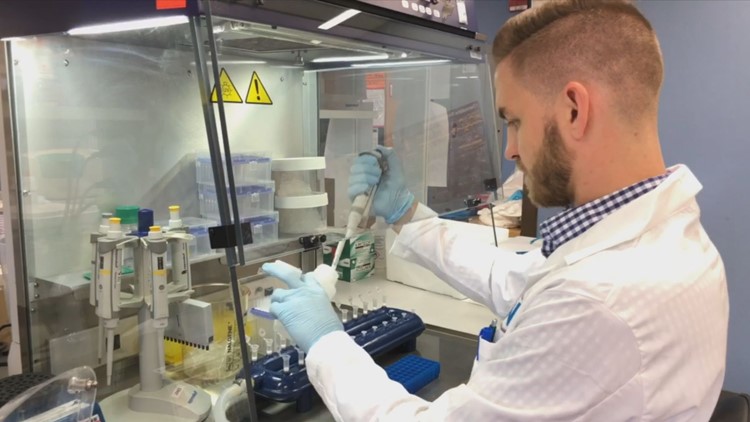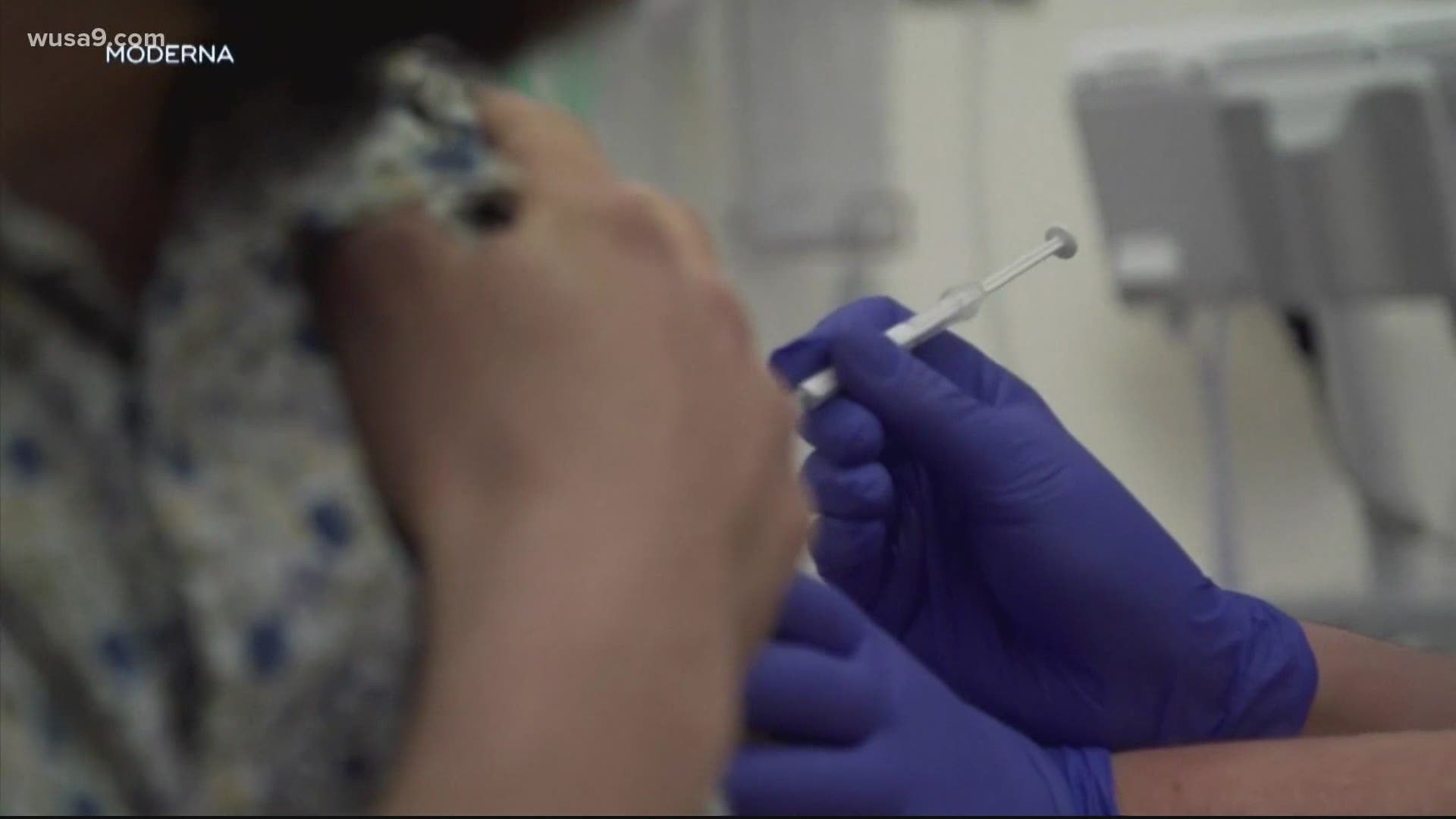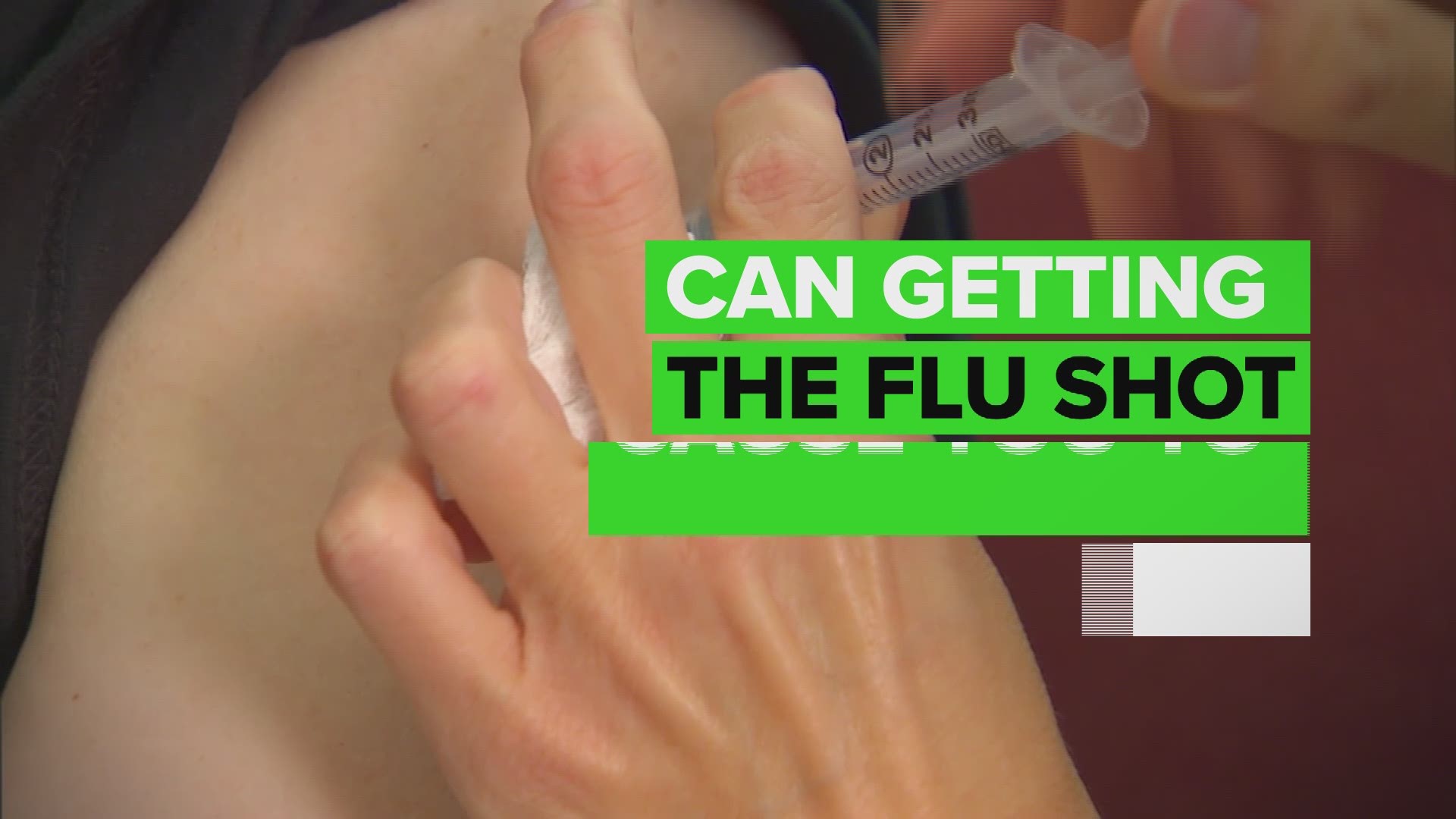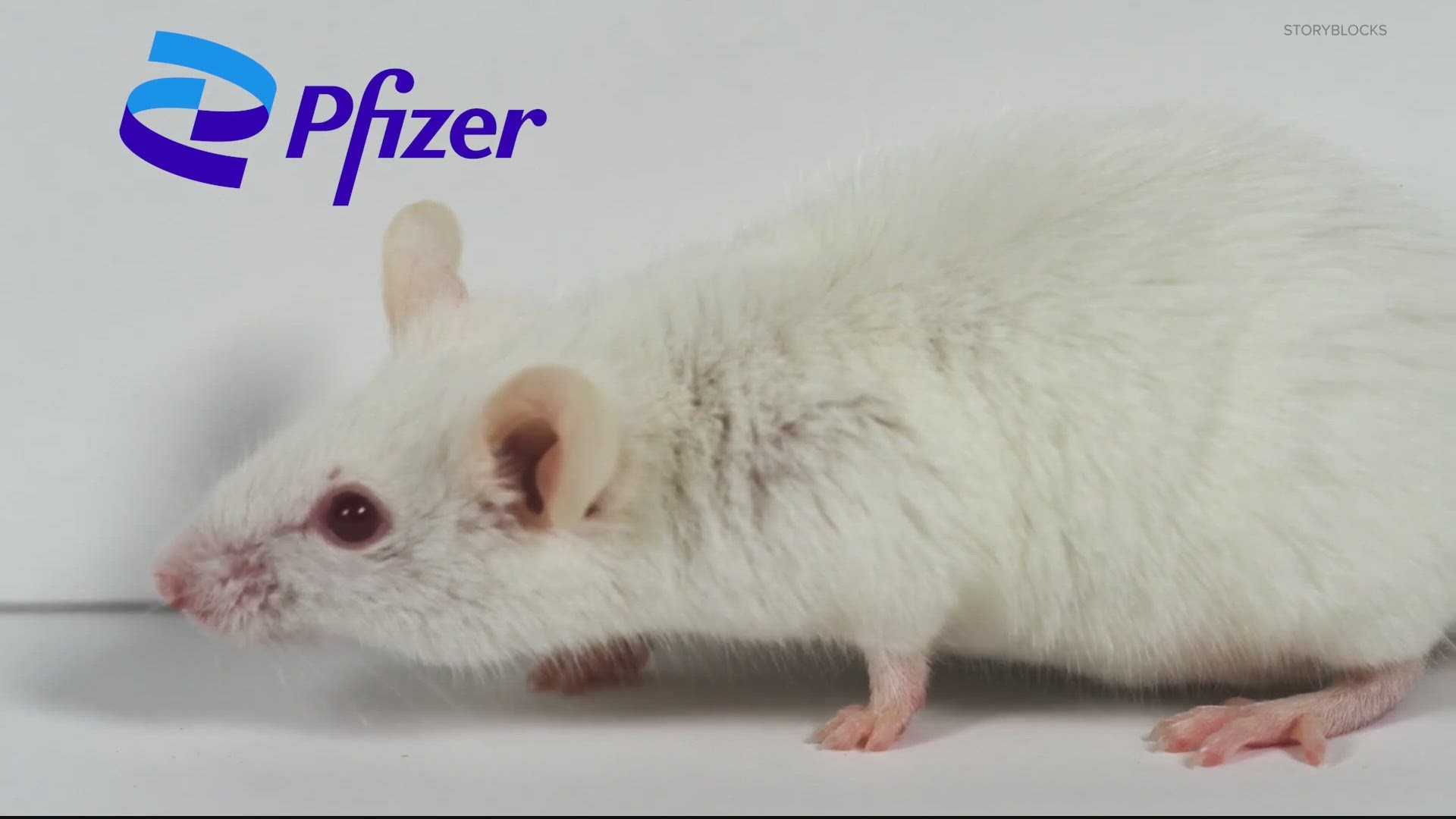WASHINGTON — The Verify team is always here to separate fact from fiction and give you the latest real updates on the coronavirus pandemic.
That includes updates on vaccine trials -- and one popular option announced it’s taking a pause.
While there are several candidates in the running for vaccines, one of the most promising to medical researchers is one being developed by AstraZeneca / Oxford University, whose Phase 3 trial has recently been put on hold after a patient developed what the company says is “an unexplained illness.”
Officials working with the vaccine said the pause in the trial run is voluntary and a "routine action, instead of allowing a separate independent committee to "review the safety data of a single event of an unexplained illness that occurred in the UK Phase III trial."
"This is a routine action which has to happen whenever there is a potentially unexplained illness in one of the trials, while it is investigated, ensuring we maintain the integrity of the trials," reads a September 9 statement.
Here are five fast facts you need to know about the AstraZeneca trial and what it could mean for vaccines going forward.
When did the trials for the AstraZeneca vaccine begin?
Phase 3 trials for the AstraZeneca vaccine, also known as AZD1222, kicked off in the US back in August after already being tested in countries like South Africa, Brazil and the UK. The trial is also called the ‘Oxford’ vaccine because it was developed by researchers at -- you guessed it, Oxford University.
2. Who, and how many, people were supposed to be involved in the trial?
According to plans released by the biopharma company and data from the FDA, the trial for the US was supposed to enroll around 30,000 people. The trials in the US were currently taking place at 62 sites across the country, according to government registry clincialtrials.gov that helps track participation and status. A report from the National Institute of Health said that number could be closer to 80 sites.
Volunteers must be 18 and older to participate, according to guidelines from the NIH. After being screened, they would be assigned to either a placebo testing group or the vaccine group and closely monitored for symptoms for two years.
Those interested in learning more about participating in the study can visit Coronaviruspreventionnetwork.org(link is external) or ClinicalTrials.gov and search identifier NCT04516746, says NIH officials.
3. What's phase was the trial in, and why does it matter?
The AstraZeneca / Oxford trial was in Phase 3, meaning that it was being tested at a much larger scale and to larger population groups than in the smaller Phase 1 and Phase 2.
Because of the larger scale of the trial, any reported illnesses by volunteers must be reviewed by independent boards, which is why the trial is being put on pause for the time being.
"In large clinical trials, illnesses will happen by chance and must be independently reviewed," read a September 9 statement from the company. "AstraZeneca is working to expedite the review of the single event to minimize any potential impact on the trial timeline," it continued.
According to guidelines laid out by the FDA, only about 25-30% of the drugs tested in Phase 3 move on to the final Phase 4, allowing the agency time to monitor for adverse reactions like the one reported in the UK volunteer.
4. Is this the only Phase 3 trial going on in America?
No, there are two other vaccine trials that are also in later Phase 3 stages here in the United States: One created by Moderna Inc. and another developed by Pfizer and Germany's BioNTech. According to those studies, both trials have already recruited more volunteers than those currently rounded up for AstraZeneca.
“NIH is committed to supporting several Phase 3 vaccine trials to increase the odds that one or more will be effective in preventing COVID-19 and put us on the road to recovery from this devastating pandemic," NIH Director Francis S. Collins said. "We also know that preventing this disease could require multiple vaccines and we’re investing in those that we believe have the greatest potential for success.”
5. Is pausing a vaccine trial like this unusual?
AstraZeneca pointed in their Tuesday statement that pauses in the trial pause could be a result of any reported illness from a volunteer, and that illnesses arise from any sort of unexpected reactions. The temporary hold is a mandatory procedure to make sure the trials continue to run smoothly.
“We are working to expedite the review of the single event to minimize any potential impact on the trial timeline,” the company statement said.
While it's unclear of when the independent review committee will process their findings back to the company -- and allow for the trial to resume again -- the process
It's an additional layer of security for the vaccine trials before they can move into that final Phase 4, which the FDA says only 25-30% of drugs typically move into. So just because it's pausing, doesn't mean it's completely stopped for good.





